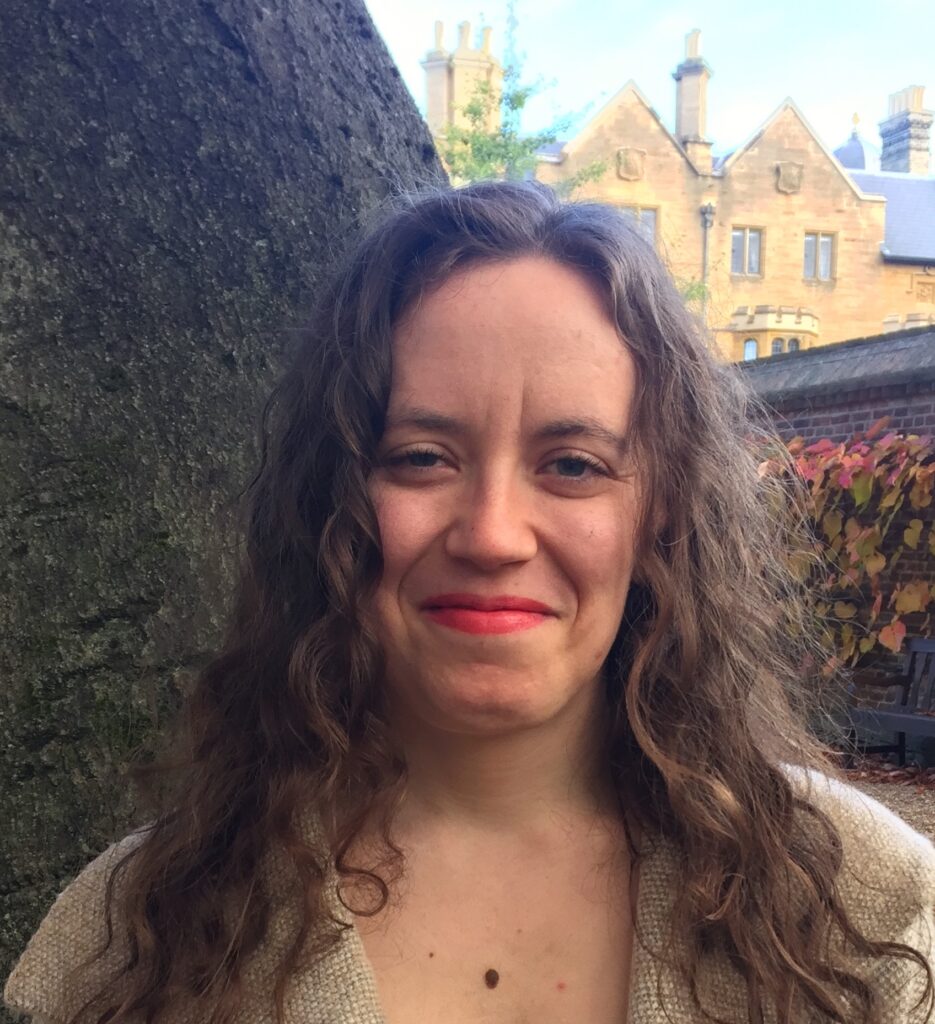
Dr Estara Arrant is a linguist of Semitic languages and a data scientist. Her academic interfaith interests concern the interaction between Muslims and Jews in the Late Antique and Medieval period, particularly as seen through language contact and the development of religious texts.
Estara’s research has involved the development and perpetuation of the Qur’an in contact with Jewish texts, the development of the Hebrew Bible codex and palaeography, translations of the Bible into Arabic and Aramaic, and the everyday study of scriptures by Arabic-speaking medieval Jews and Muslims.
Estara’s data science work involves the application of machine learning algorithms, systems modelling, and statistical analysis to better understand complex or spotty data from ancient and medieval sources, and she creates digital tools to help answer thorny historical and linguistic questions about the ancient and medieval Middle East.
Dr Arrant is currently a postdoctoral research associate at the Taylor-Schechter Genizah Research Unit, working on the international project TEXTEVOLVE: A New Approach to the Evolution of Texts based on the Manuscripts of the Targums. Her role in this project is to adapt bioinformatics algorithms used in evolutionary biology to analyse the textual evolution of medieval Targum manuscripts from the Cairo Genizah, Europe, and the Middle East, as well as to create new digital tools to assist in the analysis of large, complex textual data from the Targum text traditions.
Estara’s PhD, titled A Codicological and Linguistic Typology of Common Torah Codices from the Cairo Genizah was completed at the University of Cambridge under the supervision of Professor Geoffrey Khan. Her thesis and published case study article utilised machine learning and database science to analyse the codicological and linguistic features of around 1,800 Torahs written by and for everyday people (including children) from the 10th-15th c. Middle East. Her methodology revealed the presence of distinct common book styles across the regions. She also found that the non-standard language features of these Bibles reflected a variety of external linguistic influences, showing evidence of imperfect performance, Arabicised phonology, and historical influence from Aramaic. She completed her MPhil in Islamic Studies and History at the University of Oxford, Worcester College, under the supervision of Professor Nicolai Sinai, where she focused on the shared linguistic structures of Qur’ānic and pre-Islamic Jewish creation narratives. Her undergraduate studies were in History and Modern Hebrew.
